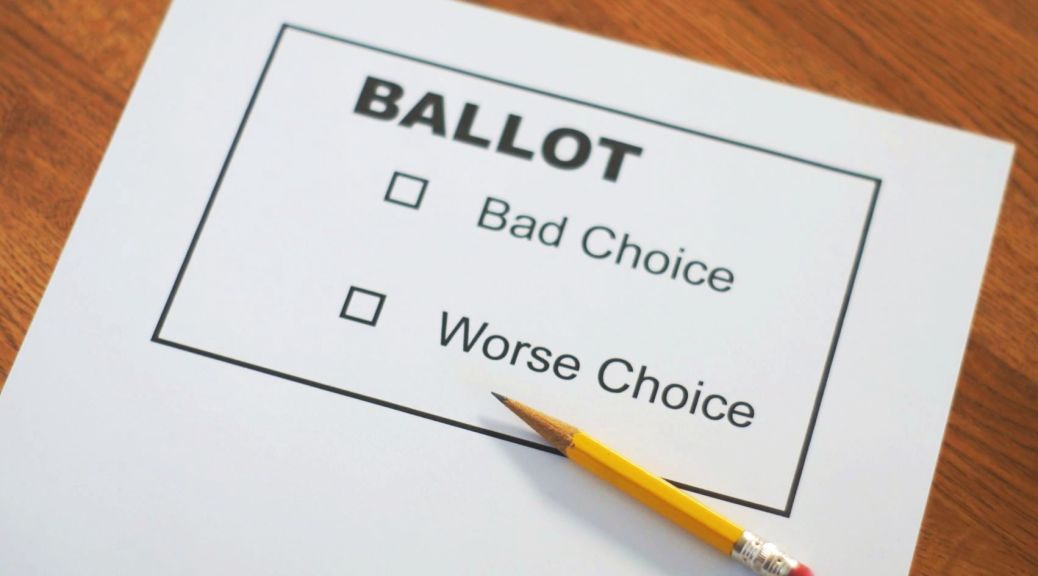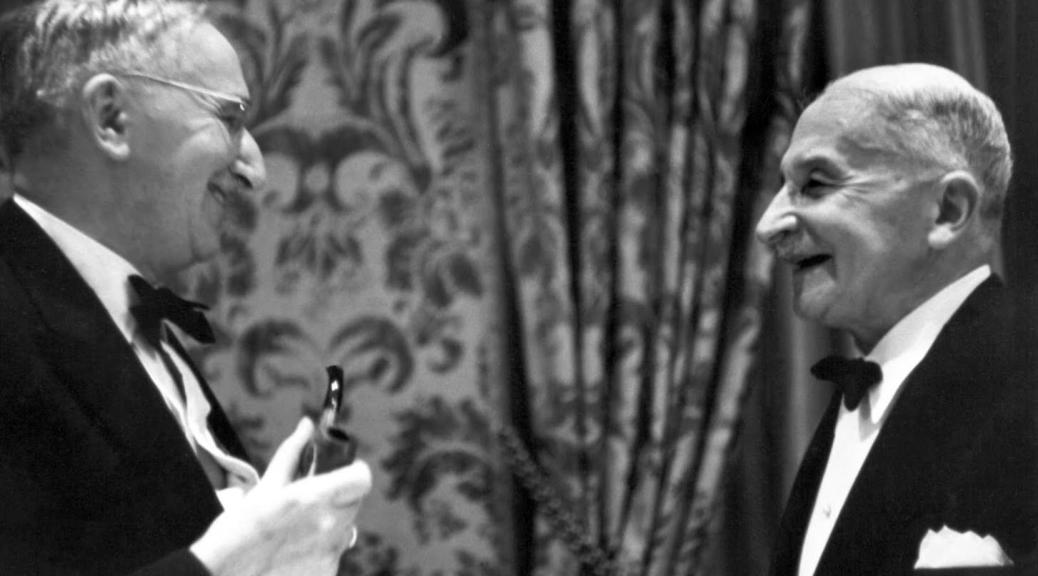The minimum wage is a contentious issue among economists, and yet it enjoys near-universal support among the public. In my view, public views of the minimum wage are simply the result of a lack of careful thought by most people. Daniel Kahneman’s theory that people, when faced with a difficult question, substitute a simpler question that they can easily answer, applies particularly well in this case. People answer the question of whether they would like people to earn more when the real question is whether government should mandate higher wages (I first heard this argument from Bryan Caplan on EconLog).
A purely empirical argument for or against the minimum wage is methodologically wrong-headed because empirics do not speak for themselves. Sound theory must be the economist’s first tool in understanding the effect of a policy such as the minimum wage.
Before we can understand something like the minimum wage, we must understand the role of prices in allocating factors of production to their various uses. The price of a factor signals to entrepreneurs that that factor is scarce, that it is needed elsewhere in the economy, and that the entrepreneur who can reduce his usage of relatively more scarce factors in favour of relatively less scarce ones can earn profits, while entrepreneurs who fail to do so earn losses. I give the example of a sandwich shop during an oil boom; the high price of labour caused by the oil boom leads the sandwich shop to substitute away from labour in various ways. Continue reading Price Theory and the Minimum Wage
Subscribe to Economics Detective Radio on iTunes, Android, or Stitcher.





